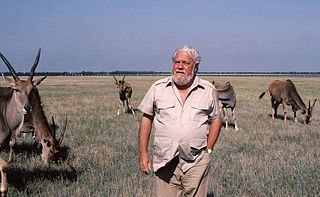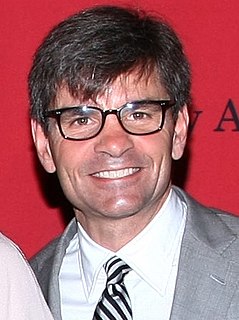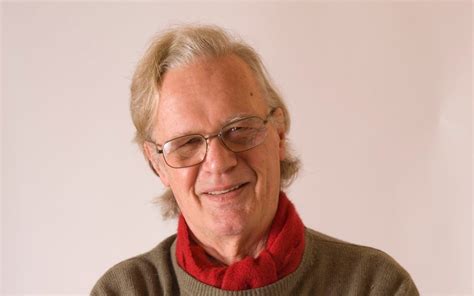A Quote by Lubos Motl
Greenpeace protesters who lived on the trees right above the planned radar location (Google Maps) and who eat environmentally friendly roots, insect, excrements, and dirt.
Related Quotes
Under the ground seep the toxins of the population that lives above. If you have to, you will eat roots and earthworms. It is always night. Candles burn in lanterns made from tin cans. When it is nighttime up above, you can crawl out, but only for a little while. You feel ashamed of your matted hair, your torn clothes, the dirt on your face. Who would want to speak to you? They are all shiny and pretty. They have parents and house with gardens. What do you have? The earth. Whole handfuls of it. The lizard people with their slit eyes and scaly skin. Your loneliness. Your longing.
We know that Google Earth and Google Maps have had a tremendous impact on Google traffic, users, brand, adoption, and advertisers. We also know Google News, for example, which we don't monetize, has had a tremendous impact on searches and on query quality. We know those people search more. Because we've measured it.
The way I see it, the difference between farmers and suburbanites is the difference in the way we feel about dirt. To them, the earth is something to be respected and preserved, but dirt gets no respect. A farmer likes dirt. Suburbanites like to get rid of it. Dirt is the working layer of earth, and dealing with dirt is as much a part of farm life as dealing with manure. Neither is user-friendly but both are necessary.
Consider a tree for a moment. As beautiful as trees are to look at, we don't see what goes on underground - as they grow roots. Trees must develop deep roots in order to grow strong and produce their beauty. But we don't see the roots. We just see and enjoy the beauty. In much the same way, what goes on inside of us is like the roots of a tree.
Dirt's a funny thing,' the Boss said. 'Come to think of it, there ain't a thing but dirt on this green God's globe except what's under water, and that's dirt too. It's dirt makes the grass grow. A diamond ain't a thing in the world but a piece of dirt that got awful hot. And God-a-Mighty picked up a handful of dirt and blew on it and made you and me and George Washington and mankind blessed in faculty and apprehension. It all depends on what you do with the dirt. That right?
Anyone who thinks that wind factories are environmentally friendly should Google "Cefn Croes Photo Gallery", to see 100 chilling pictures showing how many miles of unspoiled Welsh countryside were disfigured to create the largest industrial site in Britain: all to "save" annually less than a quarter of the CO? emissions from a single jumbo jet.
As the three of them walked home from the trees, nobody needed to say it, but Ama knew. They had questioned their friendship. They had searched and wondered, looking for a sign. And all along they'd had their trees. You couldn't wear them. You couldn't pass them around. They offered no fashion advantage. But they had roots. They lived.




































